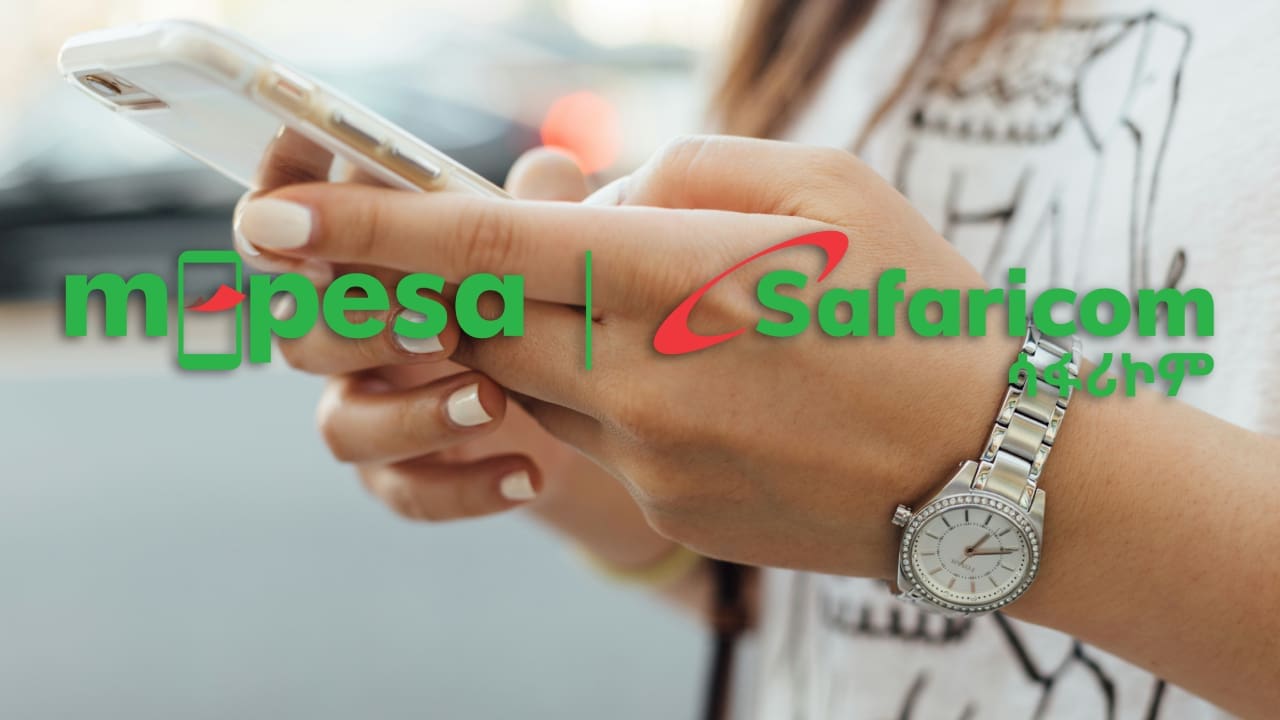- Safaricom is now letting users of M-PESA buy airtime from as little as 1 Kenyan Shilling, from a previous minimum of Sh5.
- When compared to local airtime pricing, this new option is super affordable but Safaricom launched it to continue padding its revenues.
- Affordable and low-budget options from Safaricom net the telco over $330 million in Kenya this year.
On Monday, Safaricom launched an option for Kenyan users of M-PESA to buy airtime from as little as one Kenyan Shilling, or $0.008 US, or 14 cents South African. The previous minimum was five shillings from their M-PESA mobile wallets.
According to Business Daily Africa, the move aims to make as much revenue as possible from lower-income customers.
“Even a Shilling counts!” Safaricom said in an announcement to customers, “You can now buy Safaricom airtime from Sh1 from M-PESA. Check your M-PESA balance and try buying today.”
Per Safaricom’s tariffs, voice calls are charged at Sh4.87 per minute during peak hours, and Sh2.50 per minute off-peak while sending text messages costs Sh1.20 per message. These rates are supremely competitive when you consider that Sh4.87 is around 66 cents South African.
Meanwhile, MTN charges up to R2 per minute on voice calls and around 50 cents per SMS. With these low prices from Safaricom, even the smallest purchases can make a difference if you really need to reach someone.
With over half of the population of South Africa living in poverty, these sorts of low-budget options may make a real difference in closing the ever-spoken-about “digital divide.”
Business Daily points out that this latest airtime payment scheme follows hot on the heels of Safaricom adding extra costs to a service where callers could transfer the cost of calls to the receiver – called Reverse Call.
It is likely that Safaricom added the Sh0.50 cost to the third Reverse Call a customer makes in a day to pad its revenues, as the company takes home around $7 700 a day from customers Reverse Calling each other. The product is highly popular, with Safaricom making over $330 million in Reverse Call revenues this year alone.
Clearly, super-affordable prepaid options are a golden ticket for the company, especially as the telecom firm enjoys such a far reach in the Kenyan market. It reported nearly 45 million subscribers as of March this year, against a population of 54 million Kenyans. However, it is believed that many of the subscribers are simply multiple SIM card holders.
This method has just started in South Africa, with internet firms like Vuma now offering highly affordable fibre internet in high-density, low-income areas.
Safaricom found itself in hot water in Kenyan social media during the violent “Gen-Z” protests that erupted in the country following the planned implementation of the 2024 Finance Bill that threatened sweeping new modes of taxation on the already financially struggling populace.
Kenyans took to social media to allege that Safaricom was handing over private information of protest organisers using its cellular services to the police in order for them to be arrested. Safaricom denied the allegations despite an older report claiming that the telecom has deep ties to Kenya’s intelligence agencies.

